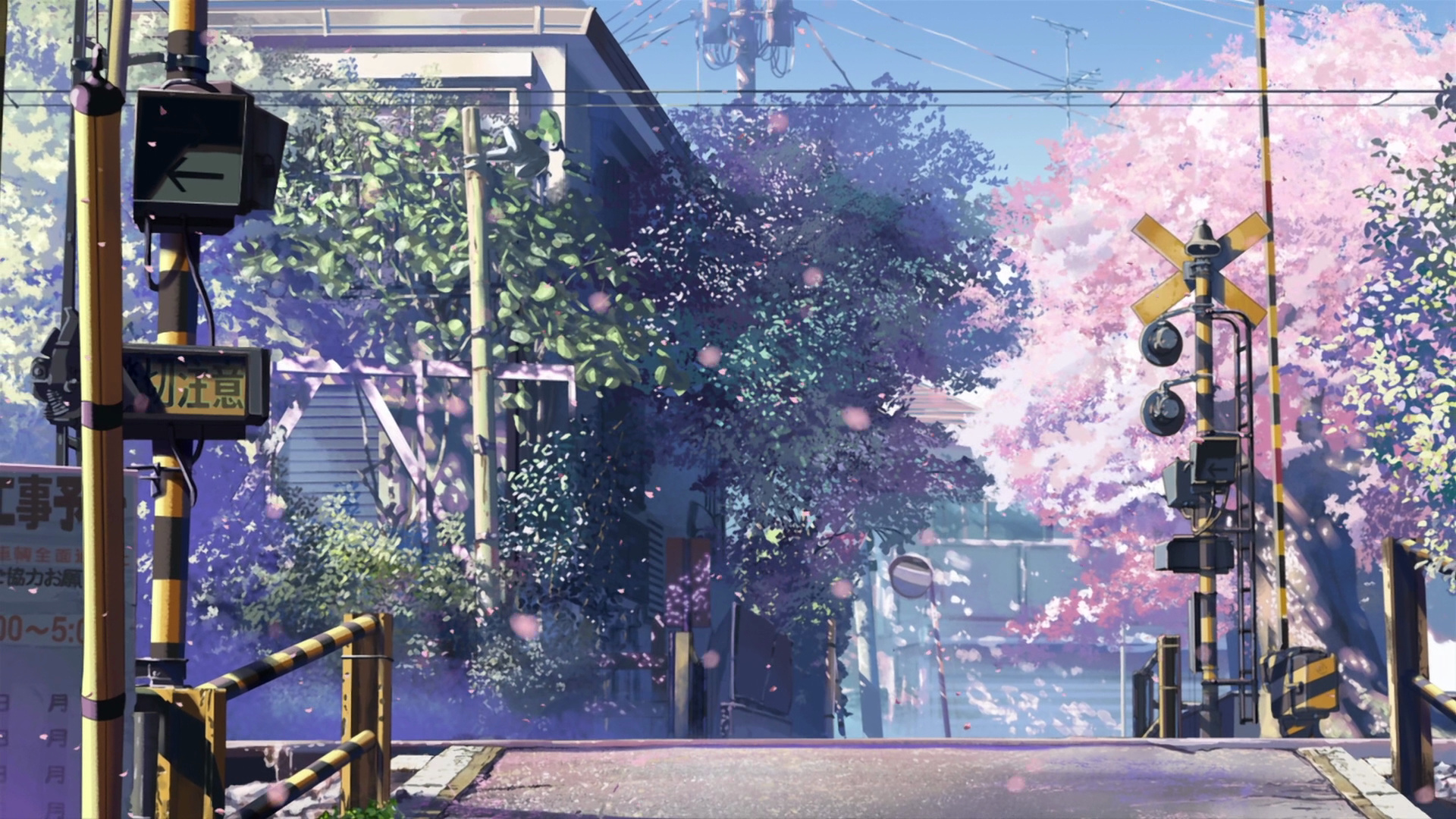
I admit that I was very late in watching 2016’s highest grossing anime, Your Name, as I am not a big fan of the romance genre and thus the movie did not initially appeal to me. Of course, by writing this article, it is abundantly clear that I have now embraced the appeal of the beautiful film, which has taken me one step further into the rabbit hole that is Japanese animation.
Being a big fan of films in general, and that my first language is essentially English, I devoted most of my young adult life to watching movies produced in Hollywood. The only few Japanese films that I had watched were all from the famous Studio Ghibli and, more specifically, from Hayao Miyazaki. So while I could write for months about the complex, unique, and captivating films created by Miyazaki, I was a novice when it came to Makoto Shinkai, the director of Your Name and the “New Miyazaki” according to some media sources.
Upon watching Your Name, I was left speechless and stirred, entranced by the animation, story, characters, and music. I am not the first, and I am sure that I won’t be the last, to say that this anime had a bigger impact on my emotions than I thought it would. But this article won’t be a review of Your Name, and in fact will focus on a much less known film by Shinkai called 5 Centimeters Per Second.
From this point on, I will be writing under the assumption that anyone reading will have at least watched the two Shinkai films mentioned above and maybe even a few Miyazaki films. And even if you don’t intend to read on, go watch those movies; you won’t be disappointed.
First, a few quick, wholly unoriginal but nonetheless sincere thoughts after watching the two Shinkai films. From a filmgoer’s perspective, the nature of Shinkai’s films could not be more different from Miyazaki’s. While they both weave fantastical elements into their stories, Shinkai’s creations clearly have a more realistic and grounded base. For Shinkai, fantasy is a method to tell the stories more effectively in a more or less realistic setting, but for Miyazaki, the fantasy is a core aspect of the characters and the stories he creates (of course, there is the rare exception; The Wind Rises). In Spirited Away, Ponyo, Princess Mononoke, Howl’s Moving Castle, Arrietty, and many more, the fantastical elements are an intrinsic part of the world, adding a mystical layer to an otherwise realistic depiction of human nature, while in Your Name, the magical time and body swap is simply a plot device in an otherwise modern Japan.
5 Centimeters Per Second takes one step further away from the surreal as it portrays a world that is indistinguishable from our own. So in a sense, it is distinct from all the films listed above simply by being non-fantasy. This film in Shinkai’s line-up beautifully illustrates a sad truth of life — that people drift apart and lose touch as time goes on, separated by physical distance. Without any magic, fantasy, or surreal storytelling, Shinkai tells a tale of childhood love that ends in emotional and structural ambiguity, leaving a bittersweet aftertaste in your heart. While the film itself could be interpreted in a number of ways, the feeling that remains after watching 5 Centimeters Per Second is deep and unmistakable; the sadness that permeates the body after realizing that the movie did not end with a clear happy ending is complemented by the bittersweet moments that are shown on the backdrop of a melancholy song. It kind of reminded me of the ending to the film Blue Valentine, but I digress. It is evident, by the many thematic and cinematic aspects in 5 Centimeters Per Second, that this film was the creative predecessor to Your Name. And while the latter film was arguably more polished and refined than the former, I feel more drawn to the realism of 5 Centimeters Per Second, especially with the song played at the end, filled with sorrow, regret, and hope that perfectly takes your heart on a ride through the emotions felt throughout the film.
The attraction I, and many people, have towards both 5 Centimeters Per Second and Your Name is, I think, due to our constant search for escape from the banality of life, especially concerning the escape of the heart. The pure, innocent, and fantastic love found within these films is undeniably attractive to those of us who want to escape into the bittersweet embrace of love. We dream of a time long ago when we could just drop everything to go meet someone we loved — a time when our lives were driven by love and love only — a time when our hopes, dreams, and aspirations were all embodied by one person — a time when we could watch the cherry blossoms together and say I love you. We live, wishing upon forgotten dreams.

